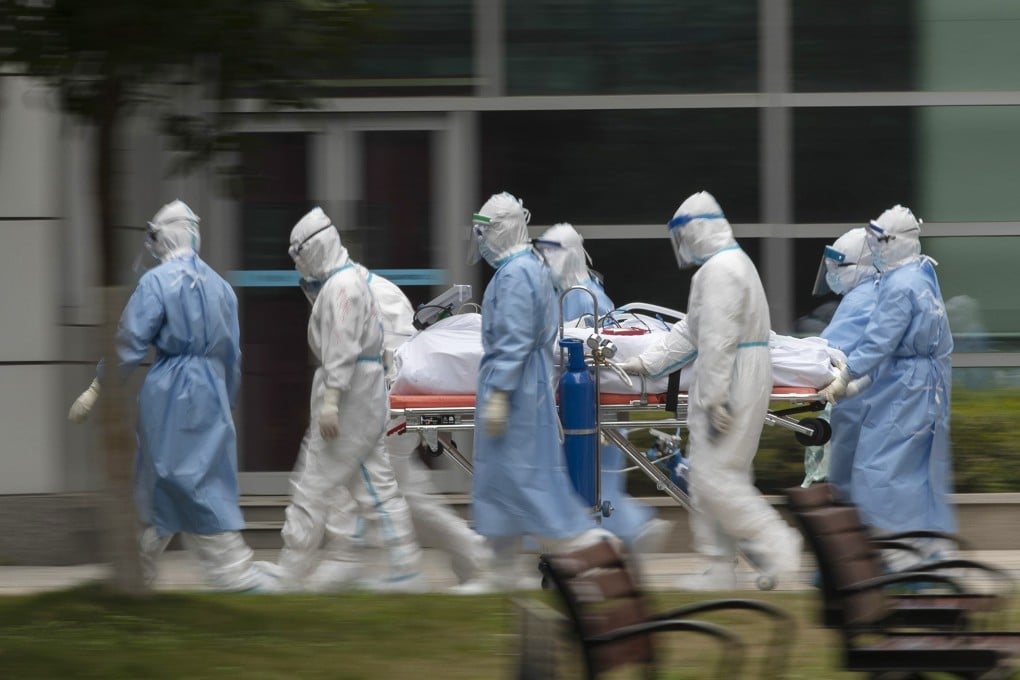Opinion | Coronavirus: is aggressive containment the most appropriate policy response?
- Draconian measures taken to stem the outbreak’s spread may work in the short-term, but their wider impacts must be carefully assessed
- In dealing with risks, included health-related ones, the appropriate policy responses are those that are proportionate

A look at coronavirus clusters across the world
Hidden costs
To appreciate the hidden costs of China’s containment efforts, consider how in hard hit areas of China – especially Hubei province and it capital, Wuhan – the lives of haemodialysis patients are put at risk not by coronavirus infection, but because the services they need are no longer available in hospitals where treating patients with coronavirus infection has become the only priority.
Leukaemia patients in critical condition must forego or delay treatment because of concerns at hospitals that such patients may become either sources or victims of infection. More importantly, they are deprived of the option to seek treatment elsewhere because of the complete lockdown imposed by local governments. More lives may be lost in the name of saving lives by containing the spread of the virus.
